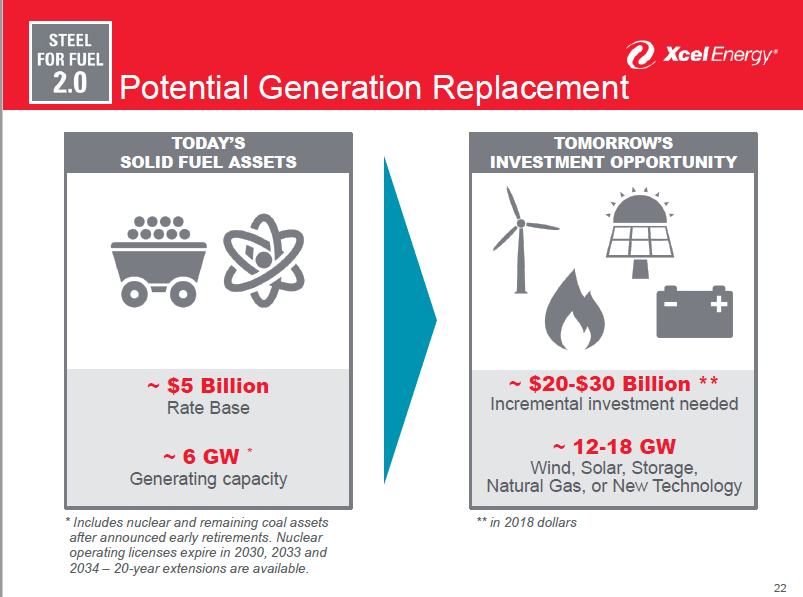Iowa Utility: Lower Fuel Costs Won’t Offset Rising Prices
One of the most common ways people are misled about the cost of renewable energy is the belief that wind and solar will save them money because they have no fuel costs. However, a recent comment by an Iowa utility shows that this line of thinking is completely wrong.
The comment came from a story in the Gazette entitled “The Cost of Things: Why Energy Bills In Iowa Keep Growing, Electricity Bills Bolster Infrastructure, Wind Development,” and I was very surprised the utility was so candid with this information. The article states:
But while investments in renewables — MidAmerican also has leaned heavily into wind-turbine development — are expected to bring a customer’s energy fuel costs down, chances are slim that savings will ever outweigh other costs to the point that a customer’s bill decreases.
“I don’t see that happening,” MidAmerican’s Kunert said. “What it helps do is offset other costs that could potentially be going up.”
This is the exact opposite of what renewable energy advocates say. Groups like Fresh Energy and the Minnesota Citizens Utility Board, and government-approved monopoly utilities like Xcel Energy make claims that wind and solar will save consumers money, they are referring to savings on fuel costs, but these “cost savings” are only the tip of the iceberg.
In reality, wind and solar have enormous up front capital costs, transmission costs, and they still require natural gas plants, which consume fuel, to make sure that we have a reliable grid. This is why Xcel Energy’s claim that customer bills will decrease because of its “Steel for Fuel” plan are entirely wrong.
In a presentation for their investors, Xcel shows that they will be seeking to replace 6 gigawatts of coal and nuclear assets (GW) with 12 to 18 GW of wind, solar, natural gas, and batteries at a staggering cost of $20-30 billion.

Recent events in Iowa haves shown that wind power increases costs, which is why Alliant Energy is seeking to raise their costs by $240 per year. The idea that Iowa is this free market bastion of low-cost wind is not correct, and the utilities themselves are admitting it.